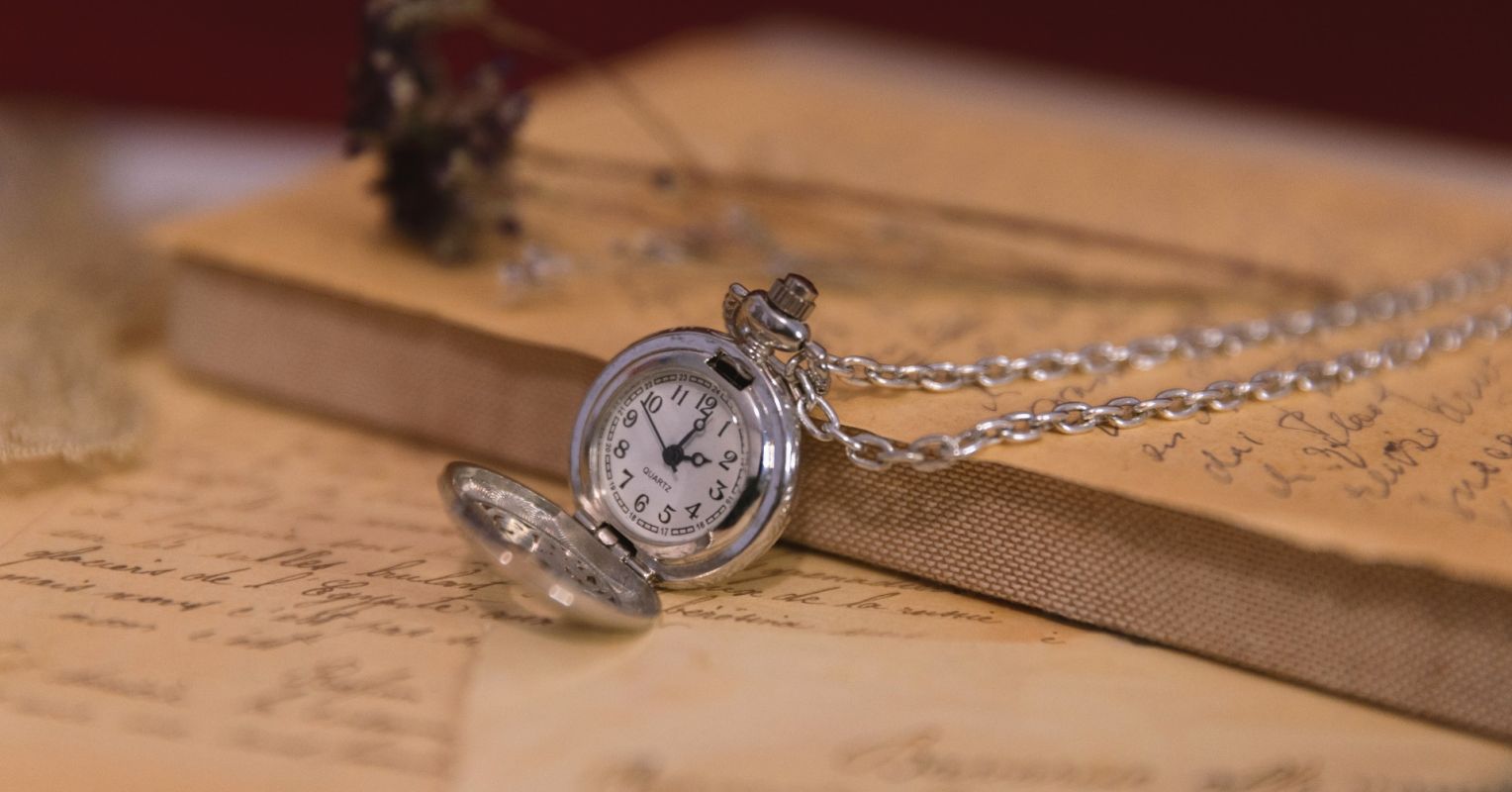
Source: Mrika Selimi/Unsplash
Most of us have been raised with the belief that love lasts forever. According to the fairy tale, we grow up, find our soulmate, and spend the rest of our life with them.
Unfortunately, reality rarely plays out like that . Divorce rates in industrialized countries hover around 50%. Science suggests that approximately half of adults struggle with intimacy and long-term relationships. And, evidence to prove that marriage really does make us happier is hard to find.
This is causing many people, especially young people, to question love’s traditional narrative. New ideas are taking hold, such as non-monogamous relationships and voluntary singlehood.
One boundary-pushing relationship trend that is piquing interest is the time-capped relationship or relationships with an “expiration date.” This refers to romantic arrangements that have a pre-specified end date, understood and agreed upon by both partners. Although this type of situation presents unique challenges, there are cases where it can make for an exhilarating and mutually rewarding experience. Here are three.
1. You Know Your Lives Will Go in Different Directions
The pace of modern life has accelerated significantly. We are more mobile and more connected than ever. High-school sweethearts no longer go to the same state college and marry shortly after. A more common scenario is for couples to follow their career aspirations, perhaps taking them to different schools and different cities. This often comes at the cost of their romantic bond.
It should be noted that it’s not a bad idea to prioritize your career over your relationship at certain points in your life. Research suggests that jobs, especially ones that provide us with purpose and meaning, matter more to our happiness levels than marriage. On the other hand, it should also be pointed out that having strong social relationships is perhaps the single biggest predictor of well-being and life satisfaction.
If you’re currently in a romantic situation in which the short-term trajectory of your life (or your partner’s) is largely unknown, it might be worth considering a time-capped relationship. In some cases, this can help alleviate the burden of worrying about your future together and instead help you focus on enjoying the present.
For instance, if you’re in a relationship as a college or graduate student, you might accept the inevitability of your paths diverging. Instead of fearing the day it will come, discuss it and develop a plan. That plan might look something like, “We know this relationship won’t last forever, and we’re OK with that, but we’re going to do our best to enjoy every moment together until that time comes.”
2. Neither of You Is Willing to Make Things Exclusive
Another case where a time-capped relationship could make sense is if neither you nor your partner wishes to make the relationship exclusive. An unwillingness to be exclusive signals lots of things. It could mean:
- You’re not ready for commitment.
- You prefer to date more than one person at a time.
- You don’t view yourself as a long-term relationship kind of person.
- You haven’t yet found the person you want to be exclusive with.
- Your life and circumstances are in too much flux for you to dedicate yourself to a committed relationship.
Relationships with an expiration date can be a practical solution for partners who find themselves in this situation. In certain cases, it can calm any anxieties either partner has about the relationship evolving into something more complicated.
3. You Are a Novelty-Seeker and Tend to Get Bored in Long-Term Relationships
Marriage and long-term relationships are not for everyone. Some people, by the nature of their personality, prefer more variety than one partnership can offer. Time-capped relationships are one way these types of people can have healthy, constructive, and honest romantic relationships.
How do you know if you’re this type of person? Exploring your thoughts and feelings with a qualified mental health professional is a great way to find out. Additionally, here’s a scientifically validated scale that measures a person’s tendency toward “sensation-seeking.” Read the eight statements below and think about how much you agree/disagree with them. If you express more agreement than disagreement, it could help explain why you struggle with long-term relationships:
Relationships Essential Reads
- I like to explore strange places.
- I like to make a trip without any previously planned routes or schedules.
- I feel restless when I spend a lot of time at home.
- I’d rather have exciting and unpredictable friends.
- I like doing scary things.
- I would like to practice extreme sports such as bungee jumping.
- I like wild parties.
- I like to have new and exciting experiences, even if they are illegal.
When it comes to relationships, there is no one-size-fits-all solution. Don’t be afraid to look beyond traditional narratives to find the definition of love that works best for you—whether that means exploring a time-capped relationship or something else.





















+ There are no comments
Add yours